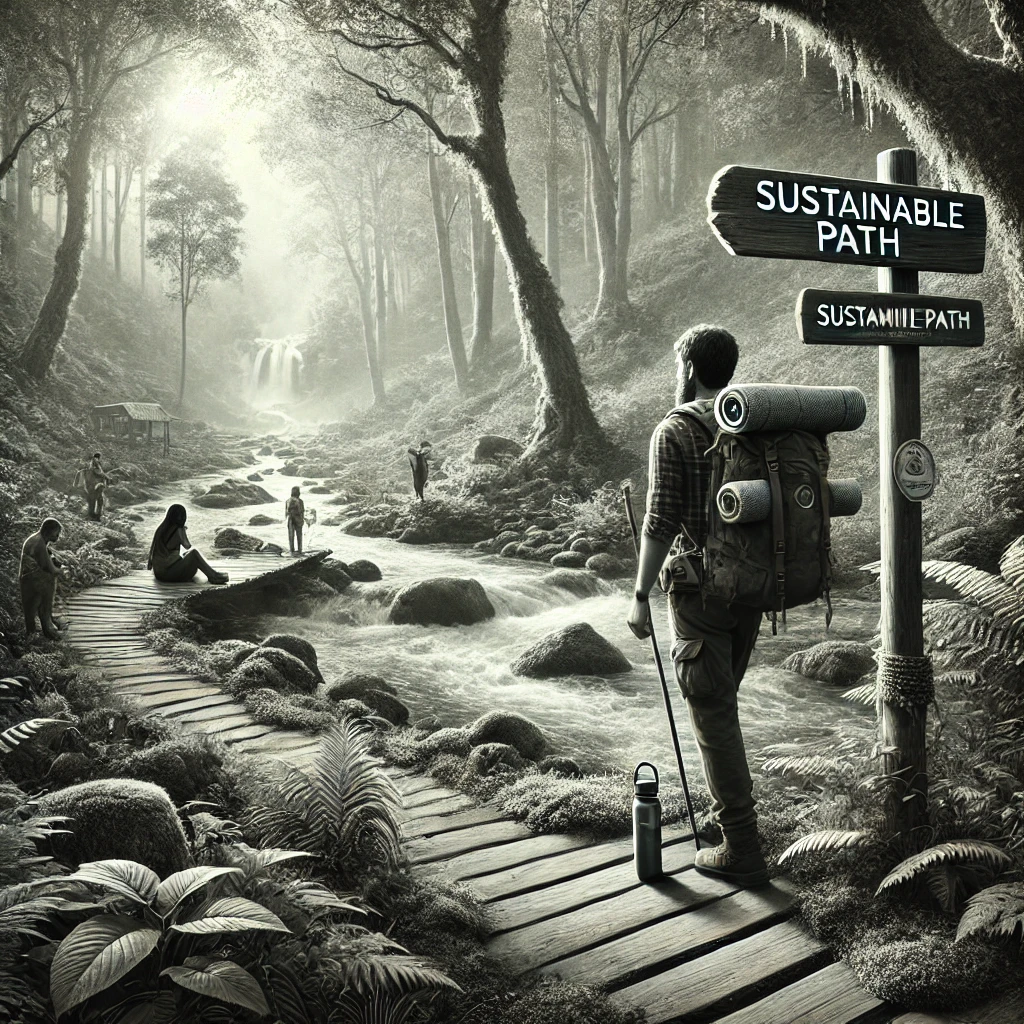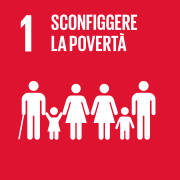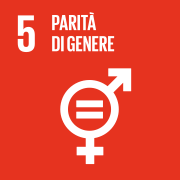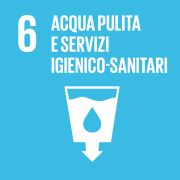
Tourism is a fundamental pillar of the Italian economy. In fact, the sector contributes about 11% of the national added value and, according to Istat data, supports as many as 12% of the employed. In 2024 alone, 458.5 million presences were recorded, with total tourist spending estimated to grow to 110 billion euro (compared to 108 the previous year), and the trend, from initial forecasts, seems to be positive for 2025 as well. In short, what can be observed for the sector in our country is a great dynamism that, along with widespread benefits, also entails important challenges to be grasped and faced, especially from the point of view of sustainability. In fact, today more than ever, the increase in flows requires the adoption of innovative strategies to mitigate their impact – environmental and otherwise – and it is precisely in this context that digitalisation emerges as a strategic ally: the ideal tool to favour a more efficient management of resources, optimise services, and make the sector, for both consumers and destinations, more sustainable as a whole.
And it is precisely in order to create awareness and culture on these aspects that, just as BIT – the International Tourism Exchange – is taking place in Milan, the Foundation for Digital Sustainability presented the new edition of its ‘Sustainable Tourism‘ report: the research that analyses the propensity of the inhabitants of large and small towns in our country towards a more sustainable tourism, and towards those digital tools that are now able to help citizens make more sustainable choices – from an environmental, economic and social point of view – in this sector.
“The research shows how digital is a powerful driver of development for the entire tourism sector,” commented Stefano Epifani, President of the Foundation for Digital Sustainability. “It is essential to guide travellers’ choices and behaviour, encouraging them to make greater use of digital tools and to favour more sustainable travel solutions. Tourism, in fact, has a significant impact on environmental, social and economic sustainability, and digital technologies could play a key role in reducing it effectively‘.
Artificial Intelligence in Countering Overtourism
70.8% of Italians use digital technologies to book their holidays, and claim to have had a better experience precisely because of their use of digital. More in detail, the percentage rises to 80.4% among younger people – particularly in the 16-17 age group – as well as among the more digitally savvy and sustainability-conscious citizens. Moreover, 64.4% of the interviewees are convinced that the continuous evolution of digital tools, such asArtificial Intelligence, will bring further improvements to the user experience in the very short term, i.e. already in the next 6 months: again, this statement is supported mainly by the youngest and most digitally and sustainability-conscious citizens.
But the user experience is not the only aspect that, according to the interviewees, could benefit. In fact, the research shows how for almost two out of three Italians (65%) digital technologies such as artificial intelligence are useful in tackling tourist overcrowding: a crucial issue in the industry, both to benefit from a better travel experience and to ensure respect for tourist destinations. Moreover, for 69.1% of the respondents, technology allows them to manage the travel phases – from destination choice to booking – with greater awareness and respect for the destination.
“Tourist overcrowding globally negatively affects both the quality of life of residents and the visitor experience,” Stefano Epifani further explained. “However, digital technology could be an effective solution to address this problem. If used appropriately, digital could enable a more balanced management of tourist flows, improving the traveller experience and bringing tangible benefits to the environment, the local economy and resident communities‘.
Sustainable, but only for the same cost
81.4% of Italians – among the most digitised and sustainability-conscious – claim that online hotel and restaurant booking applications allow them to discover alternative destinations, outside ordinary destinations, effectively supporting smaller operators. On the contrary, less sustainability-conscious and less digitised users (55%) think that these tools focus the tourist’s attention on the most popular places, favouring larger operators. In other words, it seems that the lack of culture on digital sustainability issues, even in this sector, generates as a consequence a lack of confidence in the positive – economic, in this case – potential of the new digital tools.
When, however, sustainability directly concerns their wallets, respondents are less inclined to put it into practice. In fact, 67.5 per cent of the population say they prefer green facilities, but only if the cost is the same: in other words, what emerges from the results is a significant gap between the ideological choices of citizens, i.e. their support for and attention to sustainability, and the economic choices needed to achieve it.
Two strategic levers for a sustainable future
As for the tools available, among the most used by Italians are apps for online booking of restaurants and hotels, rarely or regularly used by just under one in two respondents, and especially among younger, digitised users. The situation is different for those apps that allow for the booking of accommodation facilities with an emphasis on sustainability: in this case, in fact, less than one Italian in five uses them, and as many as 41% of those interviewed say they are unaware of the existence of this type of service.
Not very widespread is the use among the population of online museum booking apps (26%) – although the percentage rises sharply among users more knowledgeable about digital and sustainability (49%) – and the situation is not very different for apps that improve the experience of visiting cultural venues, used by 21% of respondents. Lastly, interesting tools available to tourists such as apps or house sharing sites are even less popular: young people aged between 18 and 24 are confirmed as the main users but, overall, only 3% of the Italian population make regular use of them.
Digitisation and sustainability are two fundamental levers in building our future, and this is especially true in a sector as crucial as tourism. This is why, particularly at a time when attention to Italy as a tourist destination is so high, we must not only continue to push towards digital transformation, but also towards the creation of a real culture in the population. So that digital, even in travel choices, becomes the tool that allows everyone to make a difference towards a more sustainable future.
















